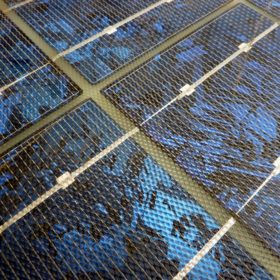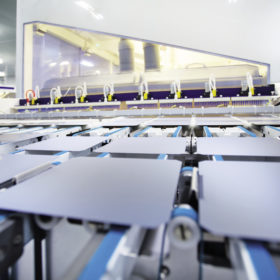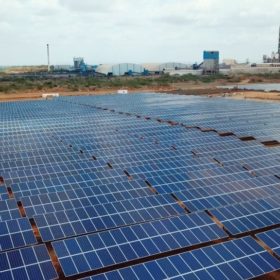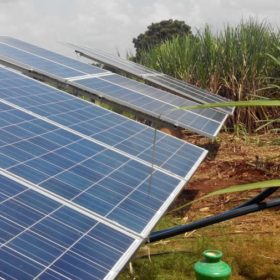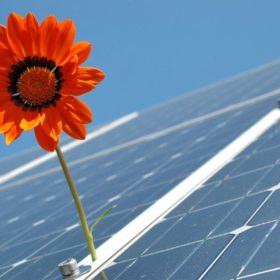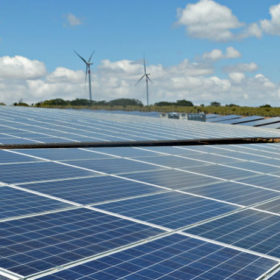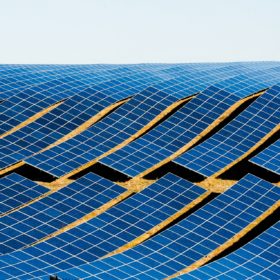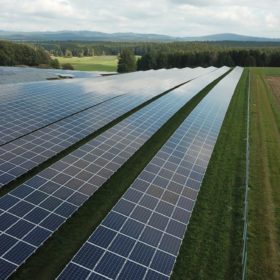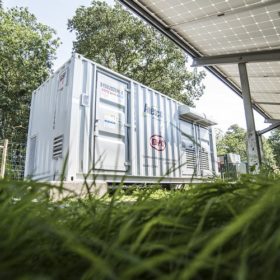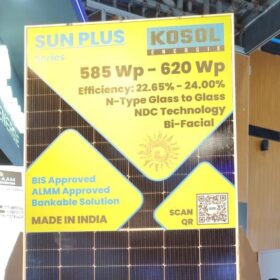CEL opens tender to procure 3 lakh multicrystalline solar cells
Only domestic manufacturers with multicrystalline solar cell production capacity of a minimum 30 MW per annum are eligible to apply. Bidding closes on June 27.
The long read: Criteria and implications for gallium-doping
As a remedy for light-induced degradation (LID) in crystalline silicon cells, gallium-doped wafers are showing considerable promise. With reports that ingot growth productivity can rival that of boron doping, it seems that gallium doping may now be able to meet the cost, integration and performance criteria that have informed solar manufacturing technology adoption, writes Alex Barrows, senior research analyst at U.K.-based consultancy Exawatt.
SECI tenders 10 MW grid-connected solar in Rajasthan
Tariff ceiling is fixed at Rs 3.20/kWh for the ground-mounted projects that are to be set up on build-own-operate basis. July 24 is the last date to bid.
Andhra Pradesh set for 10 GW of agricultural solar
The state—which commissioned an aggregate 3530.74 MW solar capacity as of May 31, 2020—will set up the new plants to ensure nine hours of free power supply to the agriculture sector.
Bringing back India’s solar sector to the front foot in 2021
The ‘175 GW by 2022’ renewable energy target seems unachievable, necessitating the benchmark be moved to ‘450 GW by 2030’ instead. But even that will require the sector to move back to the front foot from 2021.
Agrivoltaics works better with leafy greens, root crops
U.S. researchers have created a new model to assess the overlap between solar potential and underlying land use. The areas with the largest potential are the western United States, southern Africa, and the Middle East. The researchers concluded that croplands, grasslands, and wetlands are the top three land classes for PV projects linked to agricultural activities, while barren terrain, traditionally prioritized for solar PV system installation, ranked fifth.
India to add 15 GW of wind-solar hybrid capacity in five years
Almost 10 GW of hybrid generation capacity is already under implementation despite India having only 100 MW of combined wind and PV projects at present, according to analyst Crisil.
Historic-low interest rates will power ahead astonishing solar cost reductions
An Ieefa report has suggested the cost of generating electricity from solar will be near zero in the world’s sunniest regions by 2030-40 – despite what the naysayers at the International Energy Agency might think.
Ministry moves to fend off predatory moves for Covid-weakened solar businesses
Foreign direct investment into Indian solar concerns from China and other neighboring countries will now have to secure the approval of the Ministry of New and Renewable Energy.
IESA proposes a policy framework for energy storage in Electricity Act
Defining energy storage under the Electricity Act could help start ancillary services and frequency regulation through energy storage as a flexible asset. It will also help to enable electric vehicle charging infrastructure, vehicle-to-grid (V2G) concepts and microgrids integration with expanded grid connectivity in the long run, according to the industry body.
